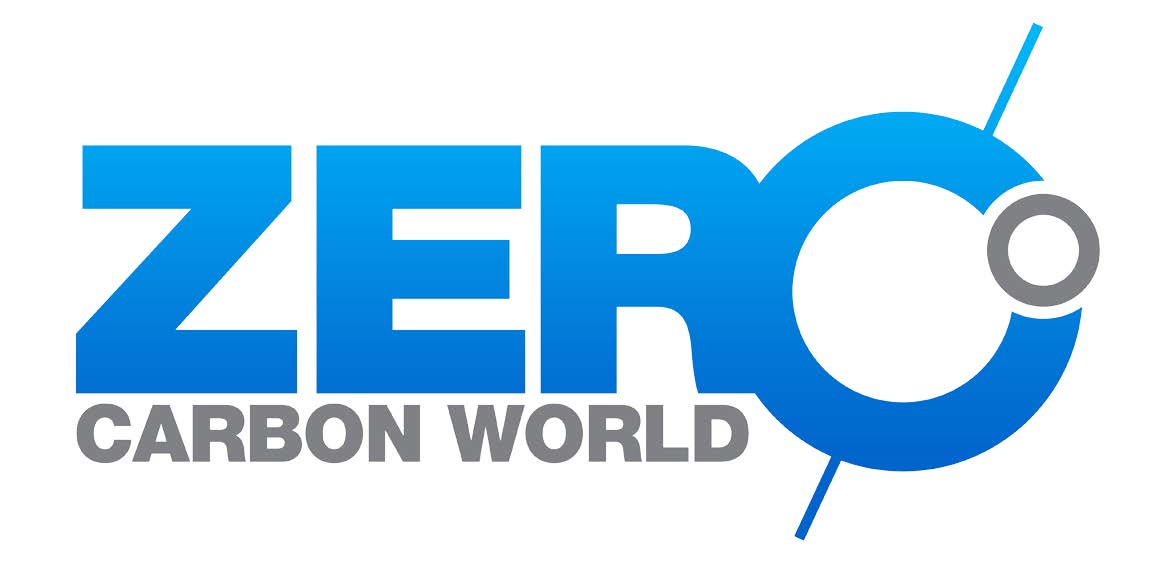Myth Busting
A significant barrier to the uptake of electric vehicles in the UK is misinformation. Drivers are often confused and overwhelmed by the technology, and can be misinformed about key issues such as range, cost and emissions. We want to help people understand electric vehicles, and dispel some common myths.
Range Anxiety
One of the most common misconceptions about electric vehicles is that they are unsuitable for long journeys, or are prone to running out of energy. This fear is called ‘range anxiety’, and is largely misguided.
While lack of public charging infrastructure is still a problem in the UK, the vast majority of EV charging takes place at home. Most drivers experiencing range anxiety do so because they haven’t adapted their lifestyle to electric mobility - getting out of the ‘petrol station mindset’ is key.
Charging Stations
For a new EV driver, charging your electric car at a public charging station can be confusing. Different CPOs - charge point operators - use different systems to start charging and accept payment.
For the most part, you’ll need an app or a fob specific to the charge point operator you’re using. However, some CPOs use contactless payment as an alternative, allowing you to charge without a membership.
Pricing
One major barrier to the rise of electric vehicles is price. EVs have typically cost more than their ICE - internal combustion engine - equivalents, but that is changing. Affordable electric cars are flooding the market, and second hand EVs are more readily available, from sites such as Drive Green, Eco Cars and Go Green Autos.
Even more convincing is the extremely low running cost of electric cars. With drastically fewer moving parts, service costs are low, and ‘fuel’ prices are minuscule. Over its lifespan, an electric car will cost you less than an ICE vehicle.
Performance
The economy of electric cars is important - but what are they like to drive? Many drivers expect EVs to lack power or speed, and have a generally weaker driving experience. In reality, electric cars are fast, safe, and easy to drive.
Another concern is the sound. If electric cars don’t make noise, won’t they be a danger on the roads? While EVs are silent from the inside, they are regulated to produce sounds to alert pedestrians, making them both safe on the roads and pleasant to drive.
Environment
A key benefit of electric vehicles is their lower impact on the environment. Not burning fossil fuels means that no carbon emissions or particulates are released, reducing the impact on climate change and combating local pollution.
However, some drivers still have doubts. A common myth is that the electricity used by EVs is still sourced from fossil fuels, and the ‘extra step’ makes them less eco-friendly. However, due to the efficiency of electric vehicles, they are significantly cleaner than ICE cars even when powered by 100% coal generated electricity; which is rarely the case.
Variety
New electric vehicles are covering increasingly diverse markets, though their reputation was initially set as high-end luxury cars. Now, almost every make and model has an electric alternative, including HGVs and commercial vans.
An increasingly popular way to electrify your transport is conversions; this entails replacing your existing car’s engine with an electric power train. This usually takes place with classic cars, such as Prince Harry’s Jaguar E-type, but it proves that compromises on taste and preference don’t have to be made with EVs.
Battery Recycling
Battery recycling is the process of reusing electric vehicle batteries for energy storage, or reclaiming their raw materials. Many automakers offer battery lease options, meaning that once an EV battery is no longer functional, they will reclaim it for recycling.
This process makes electric cars even more sustainable, and battery storage solutions are especially relevant for storing renewable energy to help balance the grid. Used electric car batteries are also valuable for their lithium and cobalt content, and recycling can help alleviate concerns about the sourcing of these materials.
Ethics & Resources
The manufacture of electric vehicle batteries is highly dependent on cobalt, the reserves of which are relatively hard to source. Roughly 60% - 65% of the world’s cobalt comes from the Democratic Republic of Congo (DRC), a region notorious for child labor violations raising ethics concerns.
However, companies are looking to source cobalt ethically and sustainably. Tesla, which aims to produce 500,000 electric cars in 2018, has committed to sourcing all its cobalt from North America. That’s 100% of its cobalt supplies, and other companies such as BMW are following suit.









